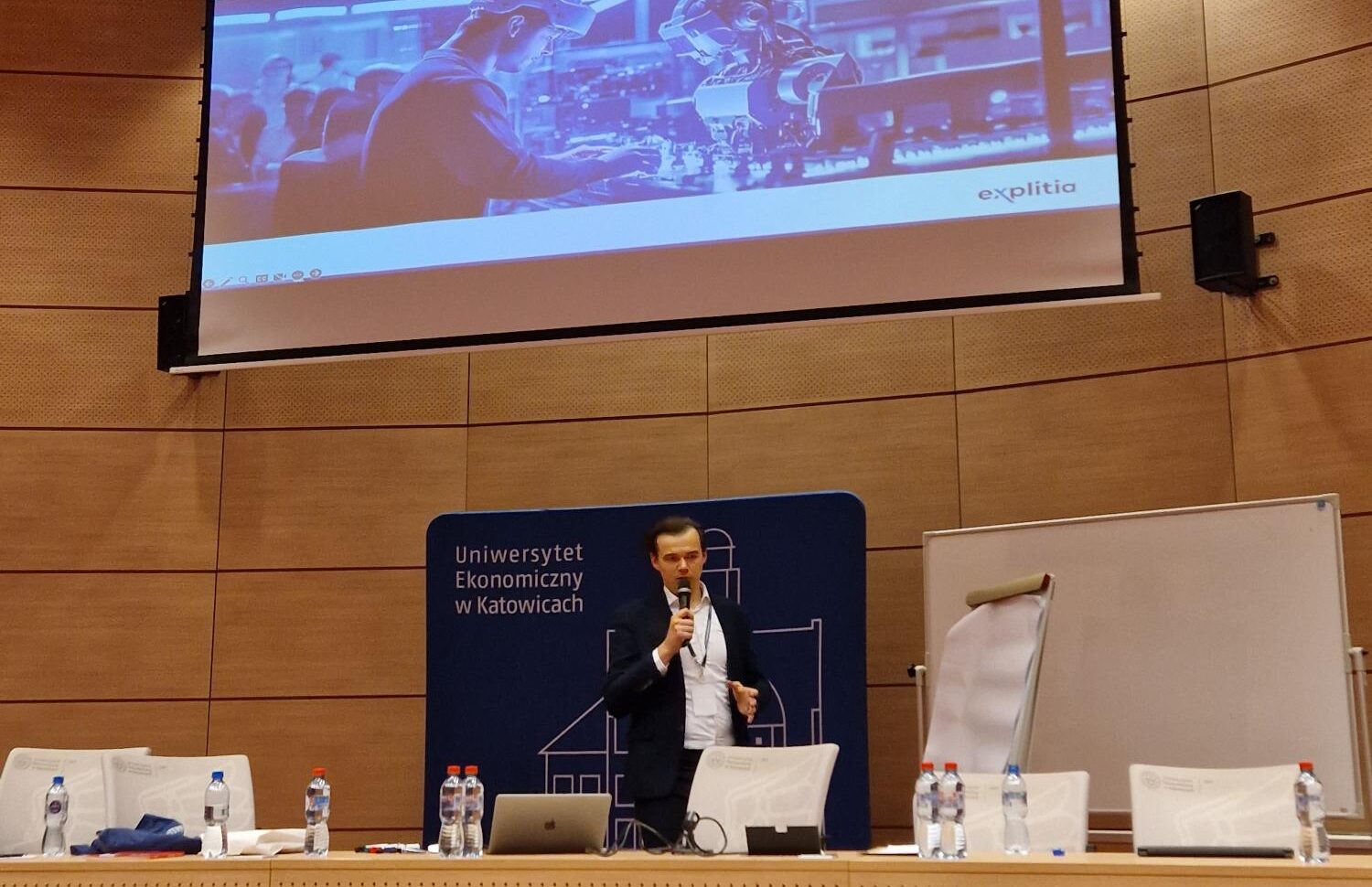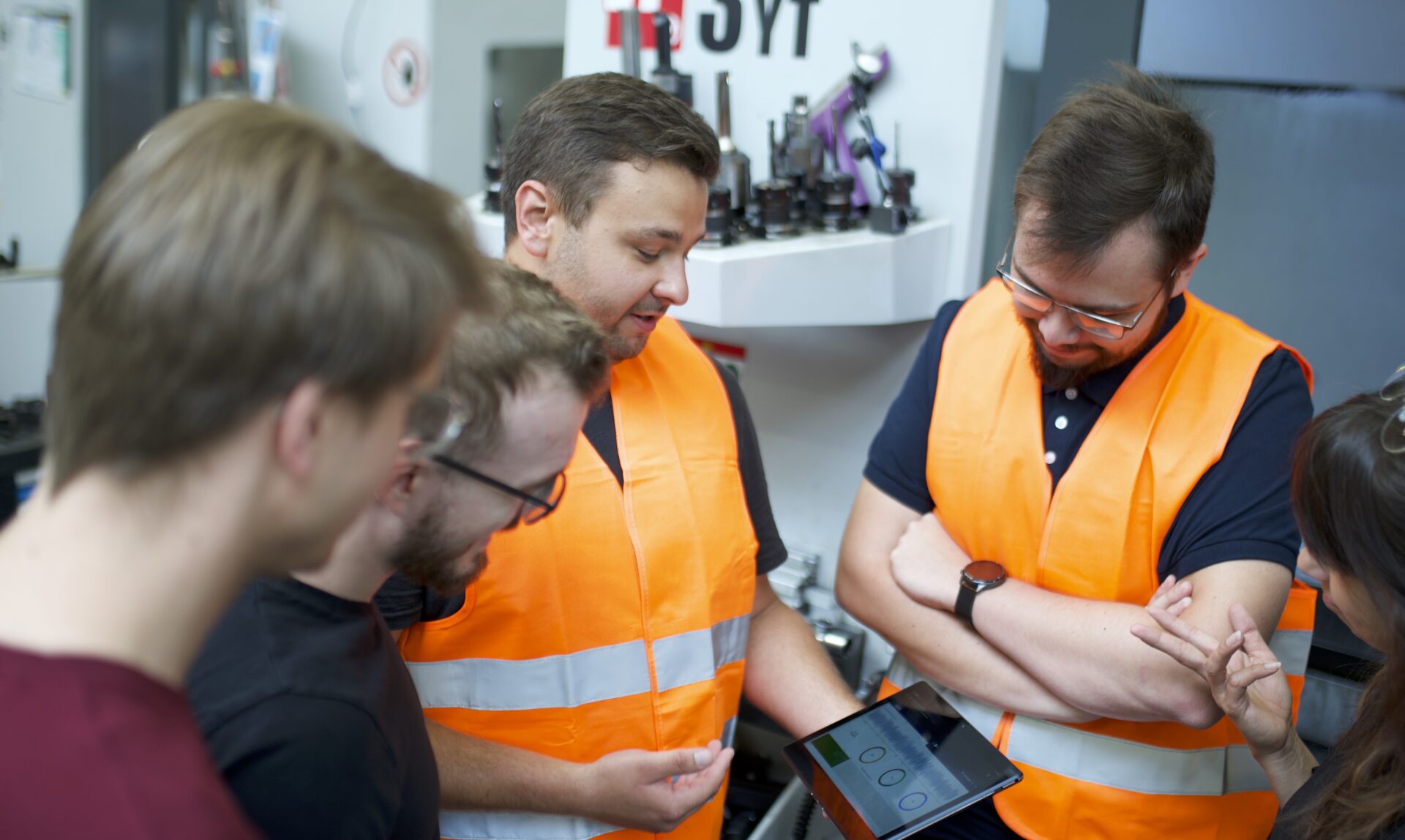The results of this year’s OC&C Retail Proposition Index report once again aimed to answer the questions: what guides customers in their purchasing decisions?
What factors determine the choice of one brand over another? How can manufacturers adjust their strategies to meet consumer expectations? What significance do elements such as production genealogy and sustainable development hold? The answers may be found in the article below.
Better D2C through B2C experiences
It has been known for a long time that B2B and D2C sales closely observe the B2C market and strive to adapt their sales strategies to current purchasing preferences. Understanding consumer purchasing preferences is crucial for manufacturers because:
Transferring preferences to the professional path: Consumers bring their purchasing preferences into their professional lives. They expect personalized offers, compare products online, and expect products to be produced in line with ESG (Environmental, Social, and Governance) indicators.
Direct contact with consumers: More and more manufacturers are reaching out directly to consumers with their products. It is important to know the preferences and expectations of end customers precisely.
Sustainable development in production
One of the decisive points highlighted in the study is sustainable development. The manufacturing sector significantly impacts not only the environment but also social and governance aspects. Focusing on ESG in this sector is therefore essential. Manufacturers can implement various actions to achieve satisfactory ESG ratings:
Reducing raw material and energy consumption: By implementing appropriate production technologies such as media consumption monitoring, traceability, or SPC. Introducing more efficient production methods can significantly reduce the negative environmental impact.
Responsible management of production buffers and waste: Minimizing production waste and properly segregating and recycling it. Companies are increasingly investing in technologies that allow better material management, which benefits both the environment and the company’s budget.
Sustainable supply chains: Collaborating with technology advisors and suppliers who also adhere to sustainable development principles ensures that the entire supply chain is environmentally friendly and ESG-compliant.
The impact of production genealogy on customer trust
Traceability is another crucial aspect that influences customer trust and market competitiveness. Contractors expect to be able to track the entire production process, which is made possible by production genealogy. Traceability, or tracking the origin of raw materials and the production process, supports:
Building trust: Customers are assured that products are safe and produced according to standards. Transparency in the production process increases their loyalty and trust in the brand.
Competitiveness: Transparent companies stand out in the market, which can lead to increased sales. Production genealogy can become an important competitive advantage that attracts conscientious contractors.
Moreover, full production genealogy is increasingly becoming a requirement for starting cooperation. Businesses want to work with transparent suppliers.
Savings: Better control over the production process allows for optimization in many areas, leading to savings. Efficient production management and waste minimization bring real financial benefits.
Production genealogy – a tool for process optimization
Production genealogy, the detailed tracking of each production stage from raw material to finished product, is often not just a requirement but also a tool for process optimization. Thanks to it, manufacturers can:
Better understanding, monitoring, and improving processes: Identifying inefficient production stages allows for appropriate changes to be made.
Reduce losses: Efficiently identifying problem sources and even reacting before they occur (e.g., through well-designed alarms) can reduce or eliminate potential production losses. This helps avoid costly downtime and breakdowns.
Optimize resource utilization: Proper management of human and material resources leads to increased efficiency and production output.
IT systems supporting report implementation
When investing in IT systems for a manufacturing plant, selecting the right supplier is a crucial step. This process, although complex, is vital for properly designing and implementing solutions in production genealogy and process optimization. Manufacturers should consider experience, flexibility, technological capabilities, and the comprehensiveness of collaboration.
Experienced suppliers better understand industry needs. Flexible solutions allow for system customization to specific requirements and later scaling.
Technological capabilities of the supplier, such as the ability to extract data from various machines and devices, are also important. Transparency in the supplier’s operations and the absence of hidden costs in discussions and offers will certainly help build trust and facilitate positive long-term cooperation.
Attention should also be paid to high-quality technical support and assistance in change management. Such a comprehensive offer from the supplier can be decisive in the successful implementation of the investment.
In summary, the results of this year’s OC&C Retail Proposition Index report indicate that key factors influencing customer purchasing decisions include sustainable development and production genealogy. Advanced IT systems provide significant support in achieving these indicators. However, when embarking on the digital transformation of your manufacturing plant, particular attention should be paid to selecting the right technological supplier. Experience, flexibility, broad technological capabilities, and comprehensive collaboration, including transparency and absence of hidden costs, are essential for the project’s success.
If you plan to digitize your manufacturing plant and want to learn more about how we can help, contact us.
Contact us
Do you want to move your production plant to level 4.0? Are you interested in modern solutions for industry in the field of automation and digitisation? Be sure to let us know!


